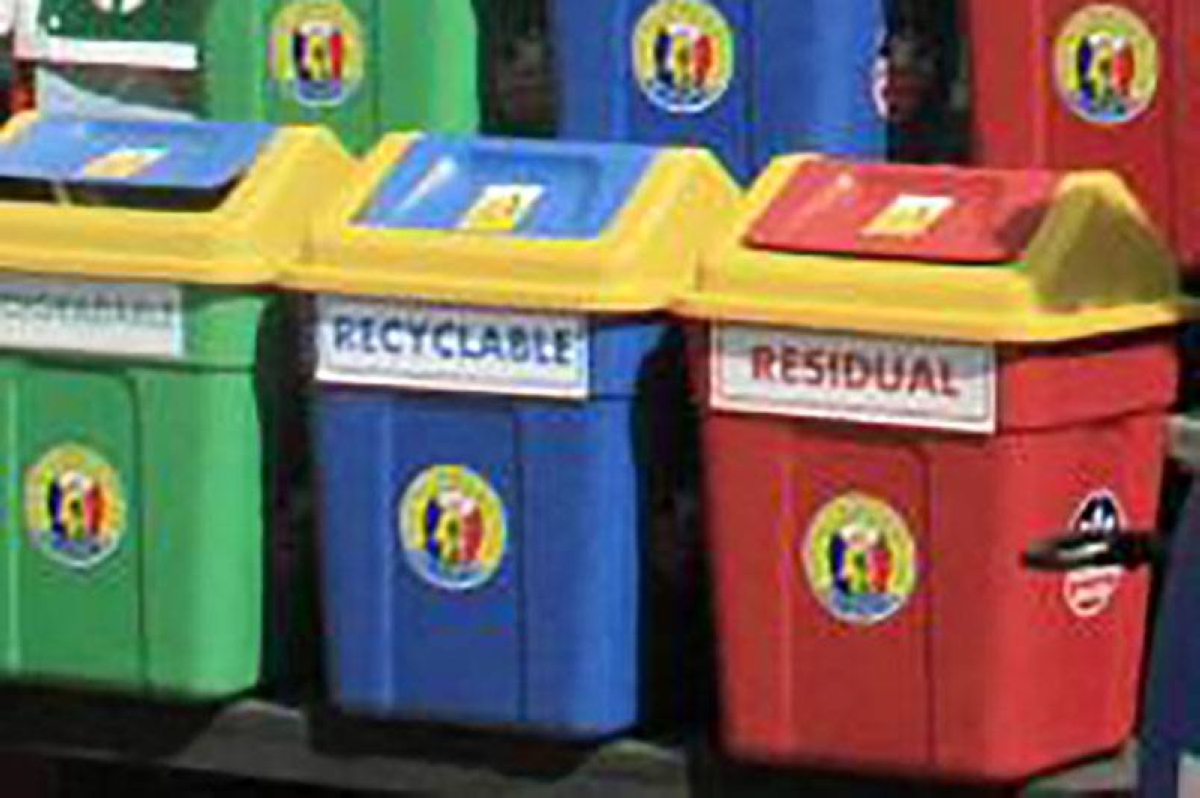FILIPINOS should have more policy discussions on improving the management of solid wastes in the country. Discarded plastics and other garbage not only litter urban centers but also the countryside, including riverbanks and coral reefs underwater. As such, the problem threatens many sectors, including fishing and tourism.
For starters, policymakers should review existing laws. The Ecological Solid Waste Management Act of 2000, more formally known as Republic Act (RA) 9003, is apparently deficient. Not all of the garbage ends up in landfills. Much of it, especially plastics, seems to be practically everywhere.
“Like many rapidly developing countries, the Philippines grapples with unsustainable plastic production/consumption and insufficient solid waste management infrastructure,” the World Bank reported in 2021.
“A staggering 2.7 million tons of plastic waste are generated in the Philippines each year, and an estimated 20 percent end up in the ocean.”
Consumption seems to be one of the culprits. Note, for instance, that Filipinos use 163 million sachets daily, the World Bank added.
Another good measure that seems lacking public awareness is the Philippine Action Plan for Sustainable Consumption and Production. It was crafted by the National Economic and Development Authority or NEDA, with assistance from the Asian Development Bank. The action plan is designed to promote sustainable practices and behaviors across sectors and throughout government. There ought to be an early review of how those plans can be implemented faster.
On a positive note, the government has released the implementing rules and regulations for RA 11898, or the “Extended Producer Responsibility (EPR) Act of 2022.” That law is scheduled to go into effect by mid-2023, but it does not seem to be getting the sort of public attention it deserves. Basically, the EPR law requires large-scale companies to establish mechanisms for the recovery of their plastic packaging.
That is certainly a good initiative, but much more needs to be done. For one, the EPR law does not apply to 99.6 percent of registered firms, which are micro, small and medium enterprises. Second, the timetables mentioned in the law appear modest, even though compliance with it is yet to be tested. The EPR law states that by this year, large enterprises must recover 20 percent of their plastic footprint from last year. And the targets for recovery are to be increased annually until 2030.
Meanwhile, Filipinos seem to be carrying on business as usual, and the Philippines has become a net exporter of plastic scrap and similar wastes. Worse, new wearables, like disposable masks that were mandated during the worst parts of the Covid-19 pandemic, have added to litter found in many places.
Mostly reduce
Authorities should step up the public awareness campaign for the three Rs — reduce, recycle and reuse. Among those Rs, the most problematic seems like recycling, and resolving it could have great impact.

The World Bank reported that the Philippines suffers from a recycling capacity gap, about 85 percent compared to Malaysia and Thailand.
Only 28 percent of key plastic resins in the Philippines were recycled, according to the report. It said the Philippines loses as much as $890 million per year when recyclable plastic products are discarded rather than being recycled into valuable materials.
The report cited structural problems that require attention from the government. Among them are high logistics costs that limit recyclers and expensive energy costs that are exacerbated by inefficient, perhaps old, machines. These deserve to be a priority for the government.
At the same time, the authorities should launch a campaign encouraging people to reuse and reduce. That might be less costly and more attainable for now, while structural issues in recycling persist.
Reducing and reusing should appeal to consumers, especially now that inflation remains high. But even in better economic times, people might appreciate “hacks” that can lower their living expenses and at the same time address environmental problems.
Besides, some might frown on recycling because it does not address the problem of wasteful consumption. How to do that should be a topic of serious discourse throughout society, from government circles to boardrooms and living rooms.
*****
Credit belongs to : www.manilatimes.net
 Atin Ito First Filipino Community Newspaper in Ontario
Atin Ito First Filipino Community Newspaper in Ontario






